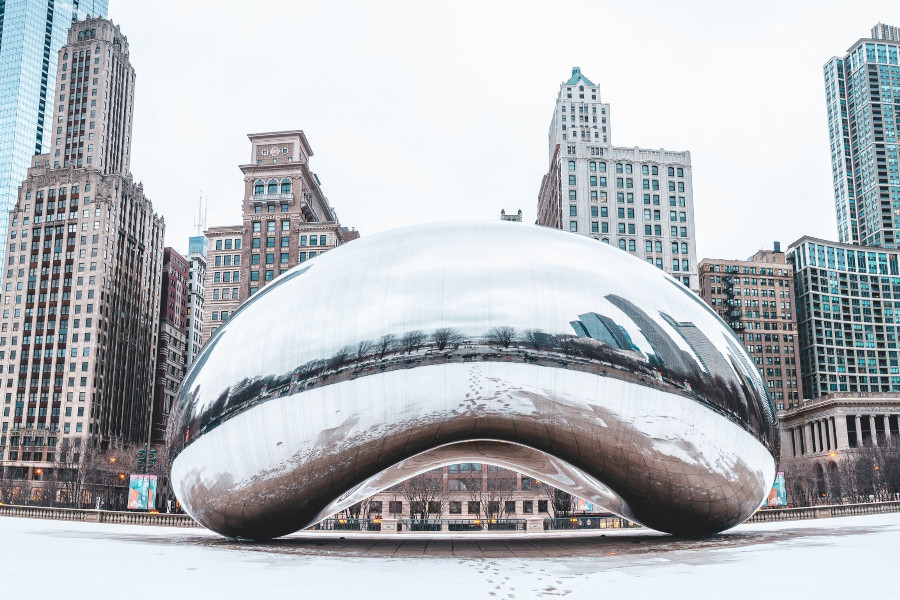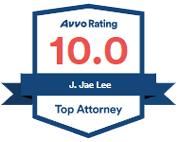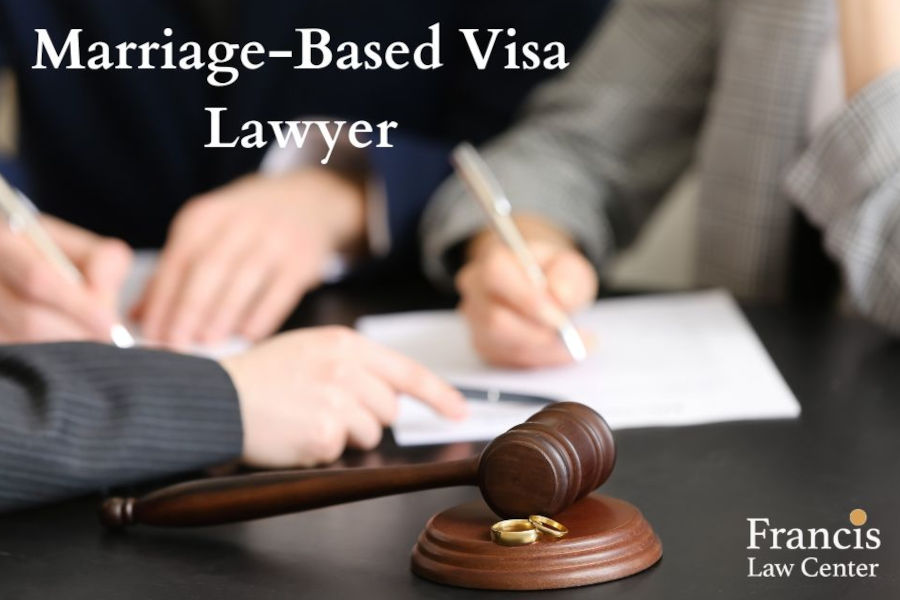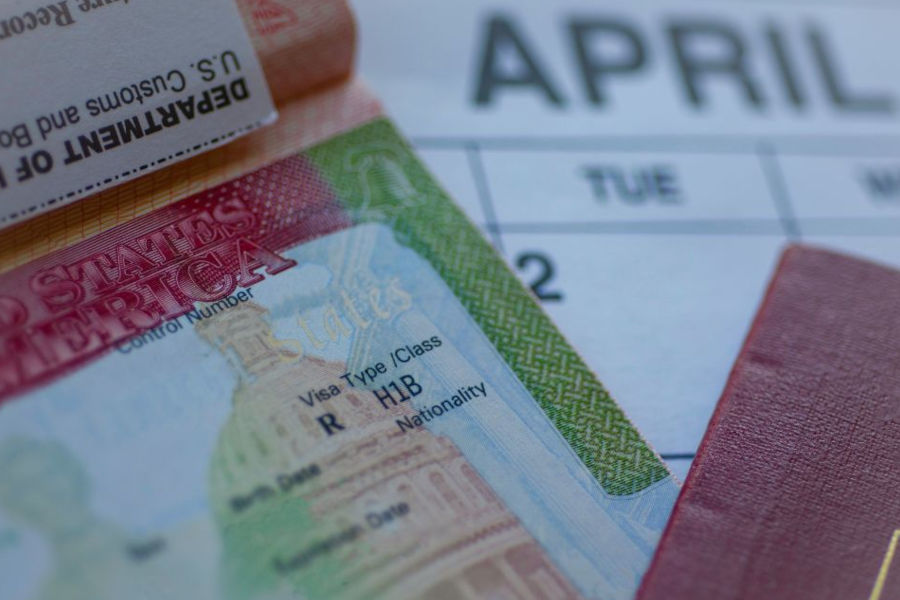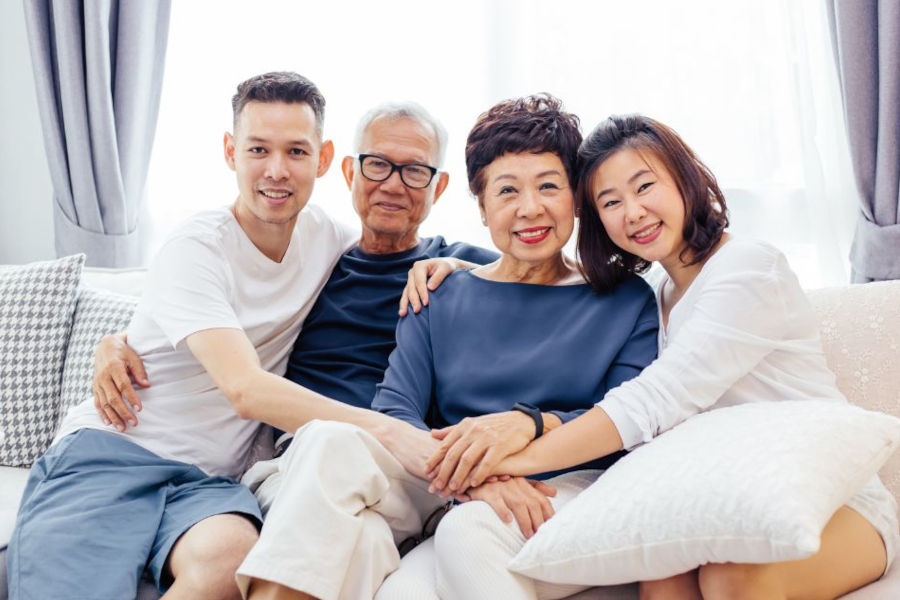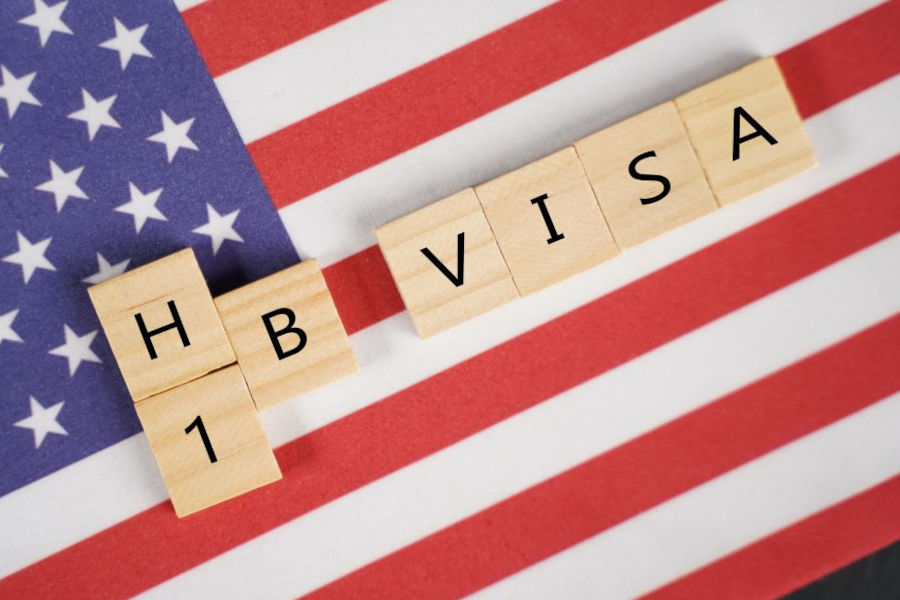J-1 nonimmigrant visas are available to visitors participating in exchange programs in the U.S. Among the eligible categories are certain teachers, trainees, students, physicians, au pairs, camp counselors, scholars, interns, and government visitors.
If an individual receives a J-1 visa, section 212(e) of the Immigration and Nationality Act (INA) can complicate returning to the U.S. after the exchange program ends. Specifically, the INA requires some exchange visitors to satisfy a two-year physical presence requirement in their home country following their exchange program, meaning that an individual must return home before changing status to another nonimmigrant category, like an H visa, or adjusting status to lawful permanent resident (LPR) through a green card.
Section 212(e) applies to three categories of exchange visitors. First, anyone who participated in an exchange program funded, whether wholly or partially, by a U.S. government agency, one’s home country, or an international organization that received funding from either country’s government must adhere to 212(e). This can span any number of exchange visitors, including students who have funding requirements for J-1 eligibility that can be met by government funding. Second, individuals with specialized skills or knowledge are subject to the two-year physical presence requirement. Many countries have an Exchange Visitor Skills List; if the exchange program was considered necessary for the development of the country, and appears on the home country’s list, 212(e) applies. Third, anyone who participated in a program for graduate medical education or training must satisfy 212(e).
Fortunately, section 212(e) can be waived. There are five recognized bases for waiver. The first is a No Objection Statement from the home country’s government, issued through its embassy in Washington, D.C., or by a designated ministry, to state that the home government does not object to the exchange visitor staying in the U.S. and possibly becoming an LPR. However, the third category of individuals covered by 212(e)—those receiving graduate medical education or training—cannot waive 212(e) through a No Objection Statement. In the alternative, a U.S. federal government agency may request the waiver, as when an exchange visitor’s work is of interest to or for an agency. Another option is to apply for a persecution waiver. As a fourth possibility, an individual who can show exceptional hardship to their U.S. citizen or LPR spouse or child may seek a waiver. Finally, a designated state public health department may request a waiver if the individual has an offer of full-time employment in an area of health care designated as having a shortage, with the ability to start working within 90 days of the waiver, and with a contract to work full-time at the facility for at least three years.
The waiver procedure varies depending on the basis used. The process always starts with Form DS-3035, but supporting documents differ by how the waiver is being sought.
Francis Law Center can assist in all areas of immigration law.
This information is intended to educate and should not be taken as legal advice.
Written by Francis Law Center Staff Eric Liberatore

